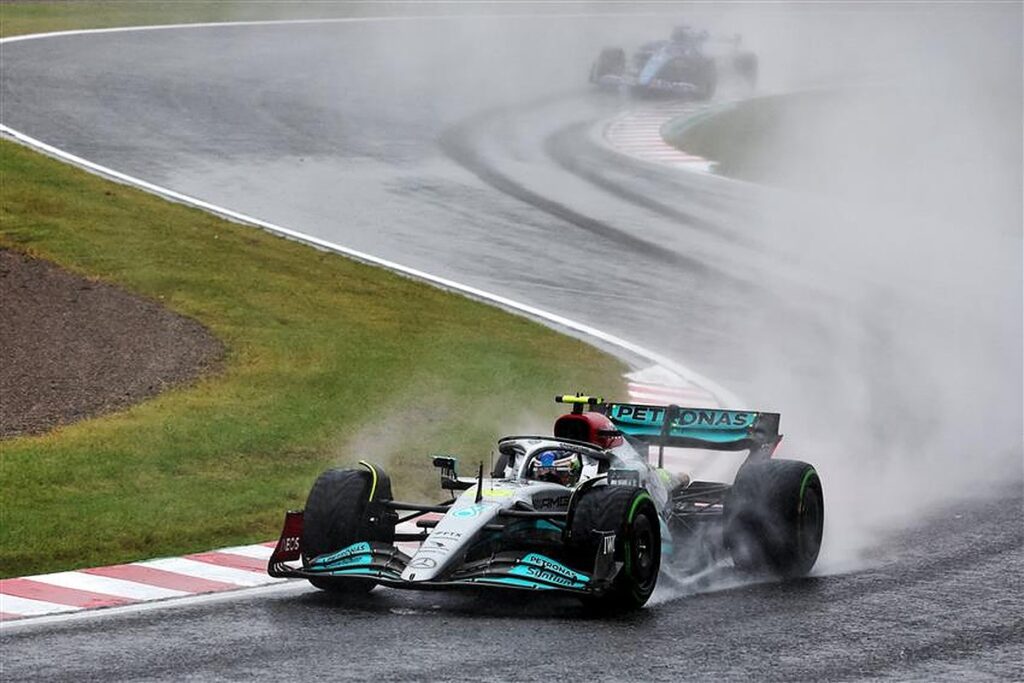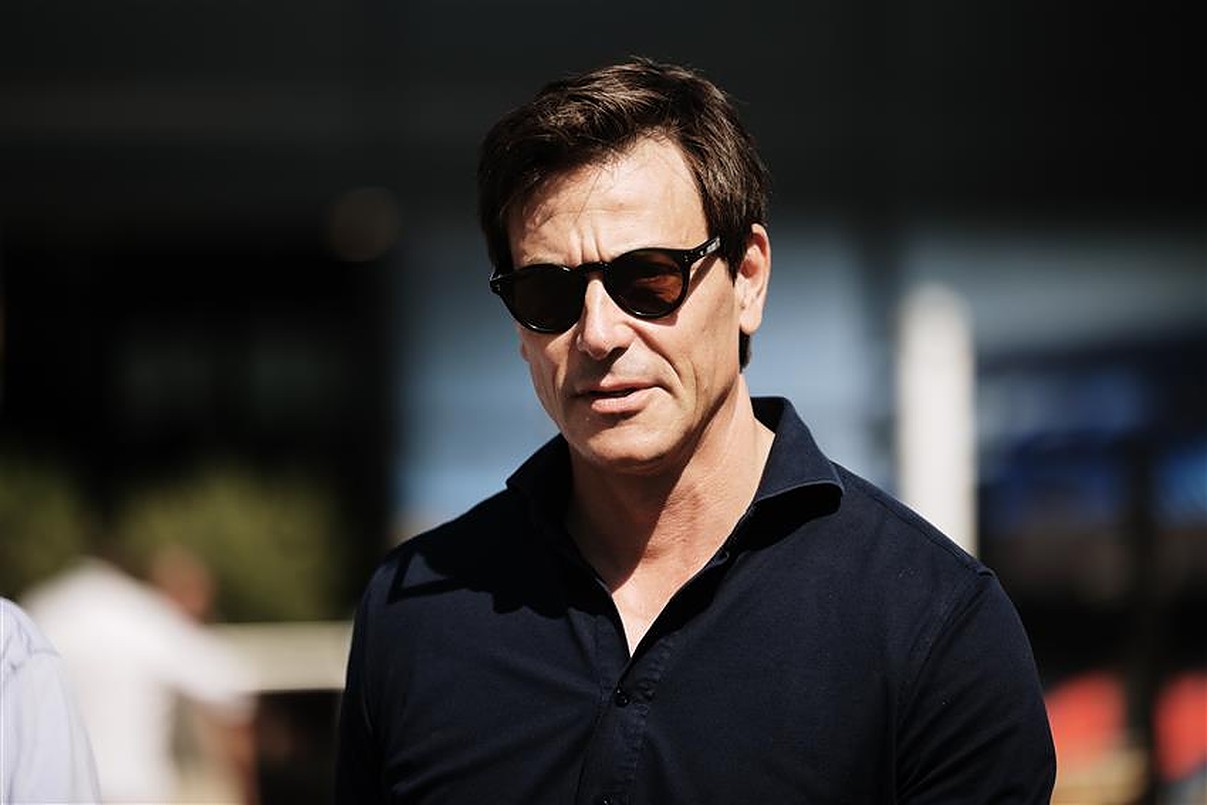Mercedes team principal Toto Wolff has hailed the Formula 1 budget cap as a “gamer changer'” for the sport, with teams suddenly finding themselves making more profit than ever before.
The cost cap system was introduced into the sport in 2021 by former executive chairman of F1 Chase Carey, before he departed the role.
The whole point of the cap is to reduce costs and put a limit on how much teams can spend, with the frontrunners having been financially unbeatable.
Wolff admits himself that Mercedes, Red Bull and Ferrari were in their own “spending war”, resulting in the midfield and backmarker teams being less competitive.

READ: Ex-F1 champion making Mercedes ‘assumption’ for 2023
By restricting how much every team can spend, the gap between the midfield and the front has reduced, given that the likes of Alpine can spend the same amount as Red Bull, for example.
“The key change was the cost cap introduced by Chase Carey [former executive chairman of F1] to protect us from ourselves,” Wolff told The Times.
“The situation before was that Red Bull, Ferrari and Mercedes were fighting in their own league in a revolving spending war, but the smaller teams were not competitive.
“The cost cap was based on a blueprint that existed in the US for a long time. In the NFL and NBA, you have a limit to what you can spend on your roster.
“F1 introduced a cost cap on technical development, which was the game changer for the business side of F1. Suddenly, we were profitable.”
Adjusting to the budget, though, has already proven to be a challenge, especially with the rapidly rising costs across the globe.
Red Bull discovered this the hard way after exceeding the 2021 cap by $2.2 million, resulting in a hefty punishment.
The FIA found the Austrians guilty last year of having made a ‘minor’ breach of the cap, resulting in a fine of $7 million and a 10-percent reduction in permitted aerodynamic research.
Red Bull boss Christian Horner quickly labelled the penalty as “draconian”, given that Red Bull’s mid-season developments this year will likely be affected.
READ: Photo of 2022 Haas F1 car without halo emerges
He has previously shown support for the budget cap system, though, with the Brit believing that some adjustments could be made to reduce the “pressure” on the cap.
“I think it’s a very, very complicated set of regulations,” said Horner.
“And of course, they will evolve. What I would like to see is less pressure beyond the cap moving forward. Your biggest driver of costs are the technical and the sporting regs. If we put more emphasis into what those costs and how those costs are driven, by those regulations, it will in turn put less stress on the cap.”

